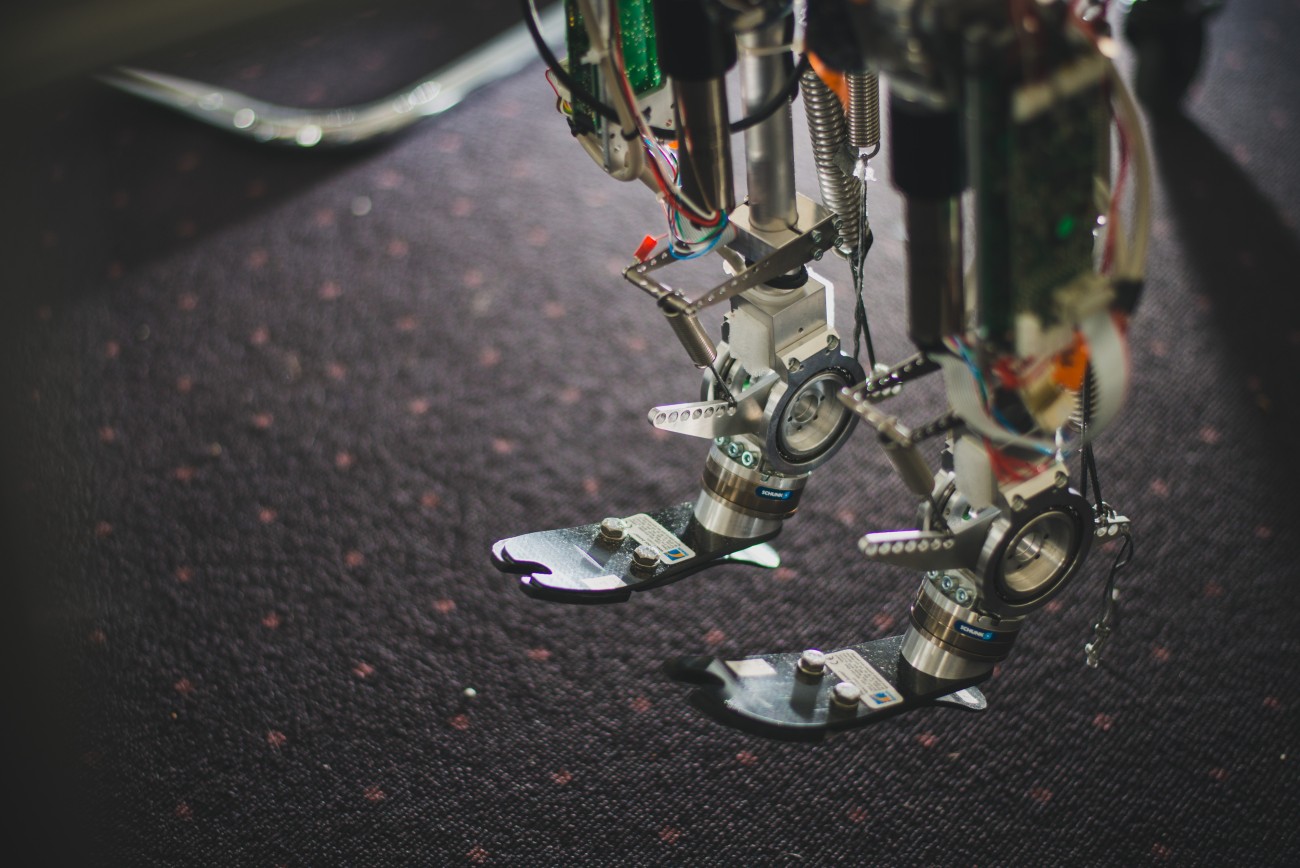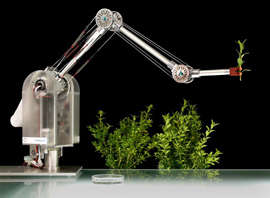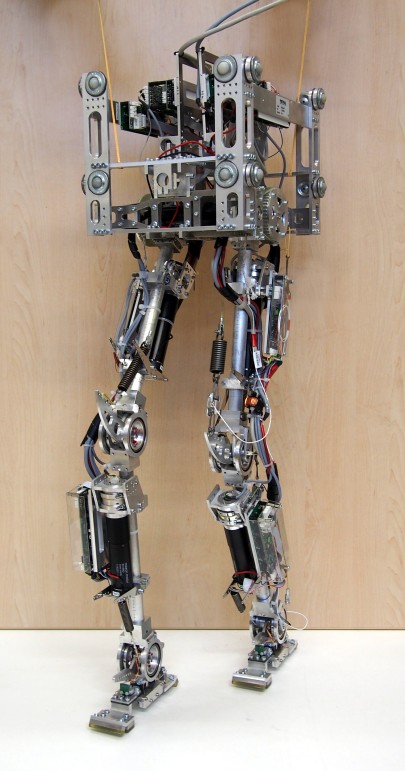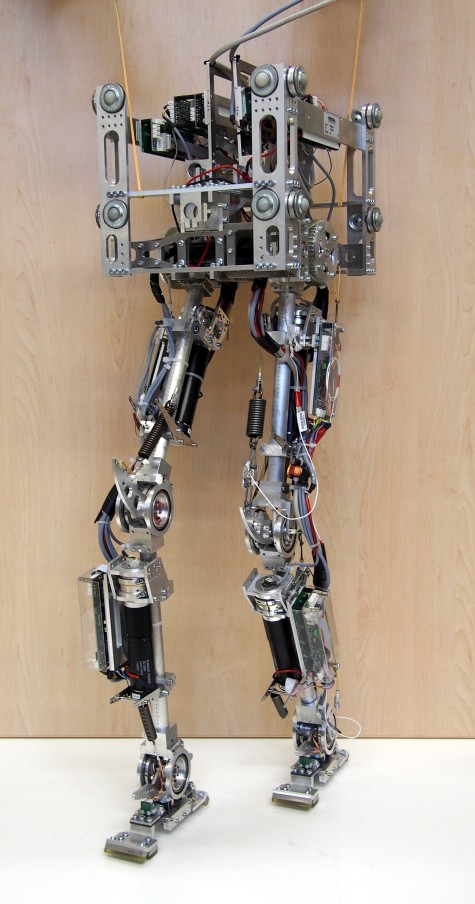
The use of autonomous robots in the direct environment of humans requires an interdisciplinary approach to address technical, legal, psychological and ethical issues and to create a high level of “transparency” and trustworthiness of the system RoboTrust. Special challenges also arise when abilities lost to humans are to be restored, for example, via “prostheses and orthoses” or intelligent robotics are to enable self-determined and barrier-free mobility WalkerChair.








